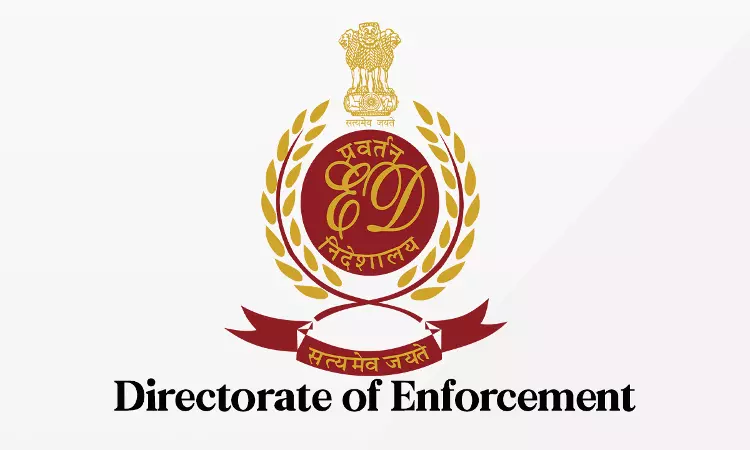ED Should At Least Provide Substance Of Accusation To Summoned Person If Not A Copy Of ECIR: Allahabad High Court
Sparsh Upadhyay
3 April 2024 10:25 AM IST

Next Story
3 April 2024 10:25 AM IST
The Allahabad High Court last week observed that in the normal course, a person summoned by the Enforcement Directorate (ED) is entitled to receive at least a summary of the accusations, if not the actual copy of the Enforcement Case Information Report (ECIR). This allows them to adequately prepare themselves or gather pertinent documents to respond to any inquiries during...
